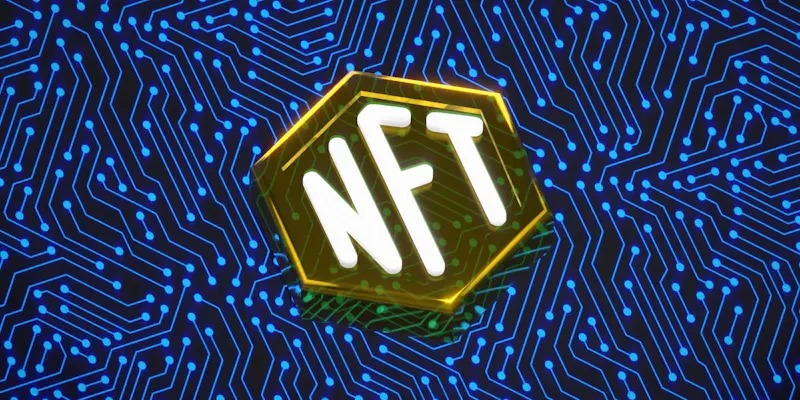The NFT market, once the shining star of digital assets, has experienced a tumultuous period in 2024, marking its most challenging trading year since 2020. With the total trading volume plummeting to $13.7 billion from $16.8 billion in 2023, industry enthusiasts and investors are left pondering the sustainability of this once-booming market. The persistent volatility in the market has led to a 19% decrease in trading activity, paired with an 18% decline in sales year-on-year. The total sales dropped significantly to 49.8 million from over 60 million in the previous year. These figures paint a stark picture of a market grappling with instability and waning investor confidence.
Despite the overarching downturn, some collections managed to defy the bleak trend. One notable standout was the Pudgy Penguins collection, owned by Igloo Inc. This collection showcased remarkable resilience, with its floor price surging by 114%. This success did not stem from typical blockchain strategies. Instead, Igloo Inc. implemented innovative non-blockchain strategies, including the launch of merchandise, forming strategic retail partnerships, and rewarding holders with token airdrops. These efforts not only captured the attention of current NFT holders but also sparked interest among potential newcomers, providing a glimmer of hope in an otherwise struggling market.
Looking ahead, the question of whether the NFT market can regain its former glory remains unanswered. The case of Pudgy Penguins offers a potential blueprint for success through diversification and engagement beyond the digital realm. The collection plans to expand token support to the Ethereum network, further enhancing its versatility and potentially paving the way for a decentralized platform. This move could attract a broader audience, driving renewed interest and investment in NFTs. However, the market’s future hinges on its ability to stabilize, innovate, and adapt to the ever-changing landscape of digital assets. As the NFT market navigates through its most challenging year, the adaptability and strategic foresight of its players will determine its ultimate fate.

